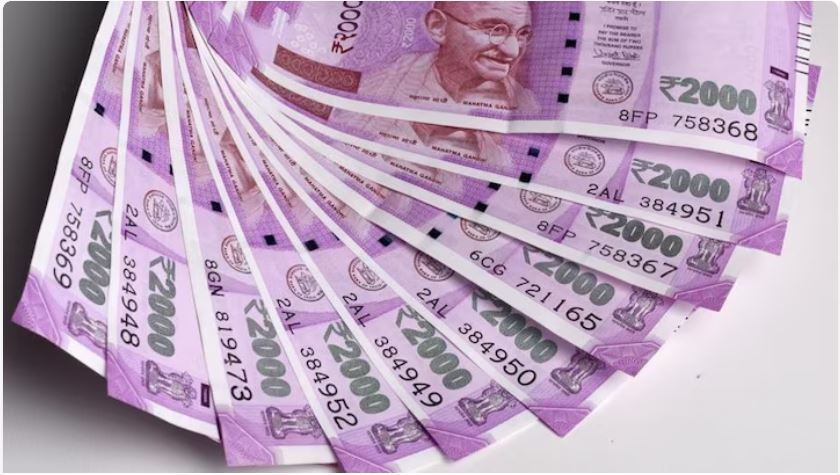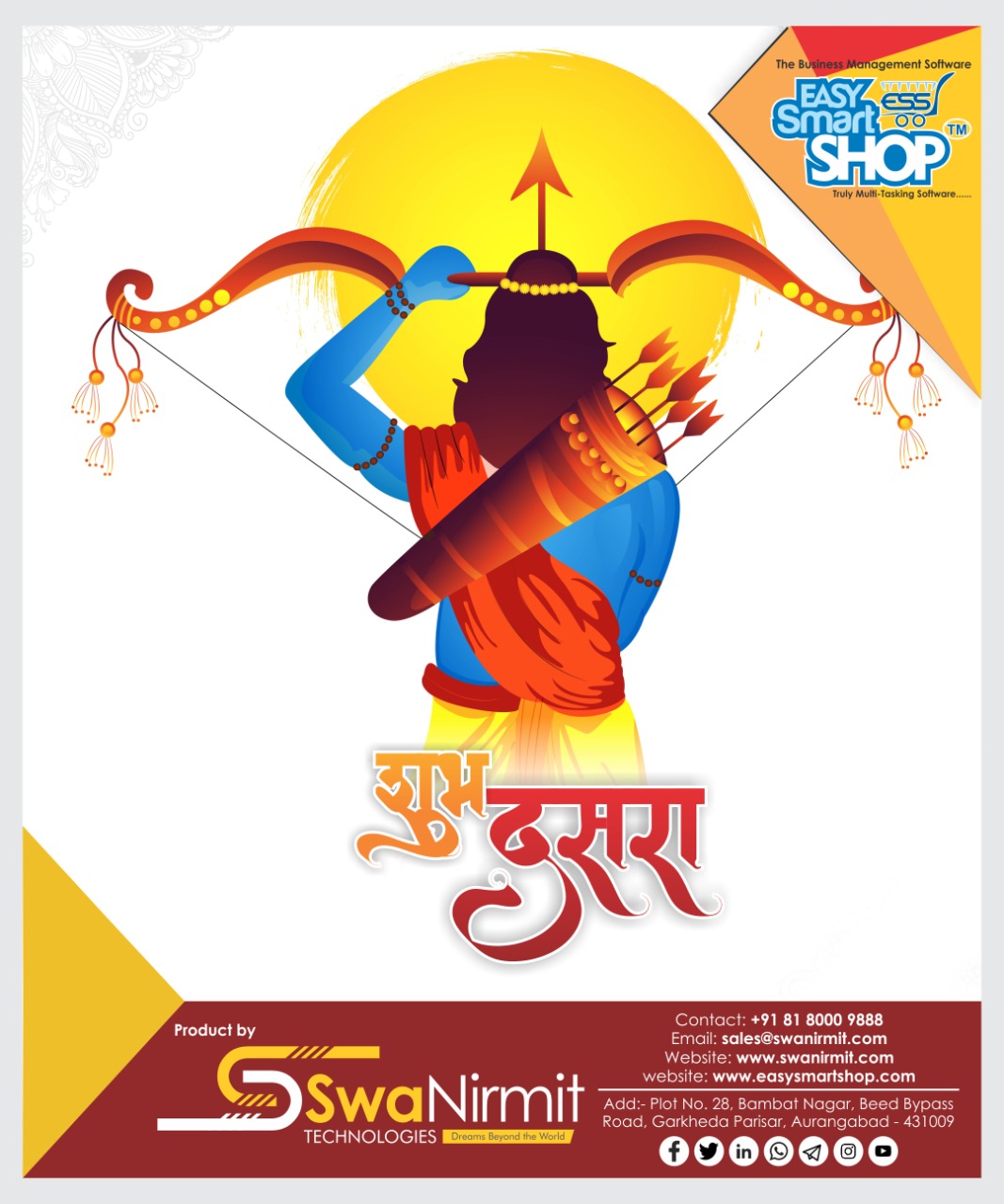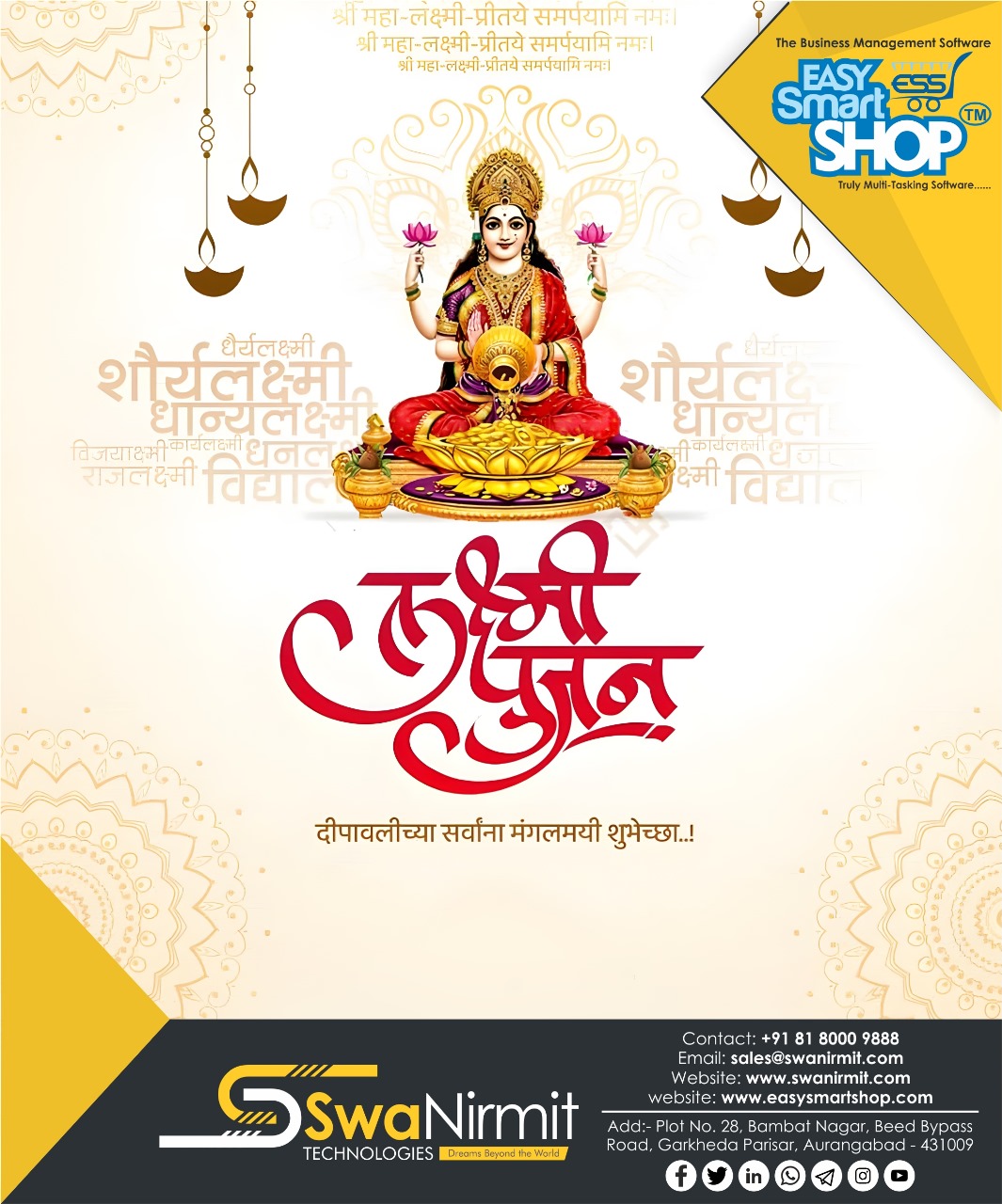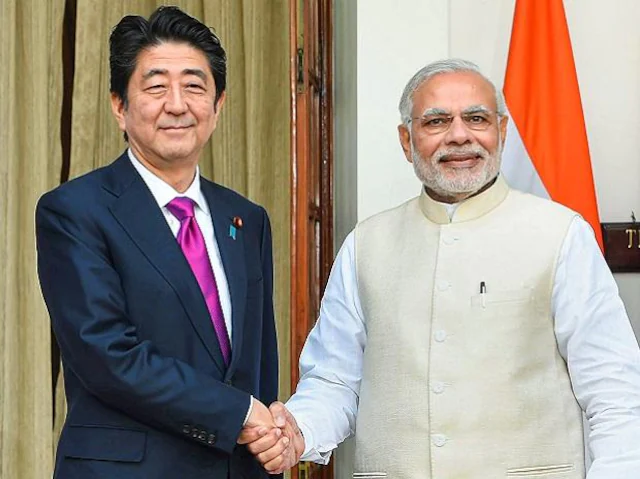Important Questions about Rs 2000 currency note
First of all don’t panic, it can be handled smoothly.
Following is important information about the Rs 2K currency note:
1. Why are ₹2000 denomination banknotes being withdrawn?
The ₹2000 denomination banknote was introduced in November 2016.
Primarily objective was to meet the currency requirement of the economy after withdrawal of the legal tender status of all ₹500 and ₹1000 banknotes in circulation at that time.
Printing of ₹2000 banknotes was stopped in 2018-19.
A majority of the ₹2000 denomination notes were issued prior to March 2017 and are at the end of their estimated life-span of 4-5 years.
It has also been observed that this denomination is not commonly used for transactions.
Further, the stock of banknotes in other denominations continue to be adequate to meet the currency requirement of the public.
In view of the above, and in pursuance of the “Clean Note Policy” of the Reserve Bank of India, it has been decided to withdraw the ₹2000 denomination banknotes from circulation.
2. Does the legal tender status of ₹2000 banknotes remain? Can ₹2000 banknotes be used for normal transactions?
Yes. The ₹2000 banknote will continue to maintain its legal tender status and can be used for transactions. However, they are encouraged to deposit and/or exchange these banknotes on or before September 30, 2023.
3. Is there a limit on deposit of ₹2000 banknotes into a bank account?
Deposit into bank accounts can be made without restrictions subject to (KYC) norms and other applicable statutory / regulatory requirements.
Public can exchange ₹2000 banknotes upto to a limit of ₹20,000/- at a time.
4. Can ₹2000 banknotes be exchanged through Business Correspondents (BCs)?
Yes, exchange of ₹2000 banknotes can be made through BCs upto a limit of ₹4000/- per day for an account holder.
5. What if someone needs more than ₹20,000/- cash for business or other purposes?
Deposit into accounts can be made without restrictions. The ₹2000 banknotes can be deposited into bank accounts and cash requirements can be drawn thereafter, against these deposits.
6. Is there any fee to be paid for the exchange facility?
No. The exchange facility shall be provided free of cost.
7. Will there be special arrangements for senior citizens, persons with disabilities, etc. for exchange and deposit?
Banks have been instructed to make arrangements to reduce inconvenience to the senior citizens, persons with disabilities, etc., seeking to exchange/deposit ₹2000 banknotes.
Compiled By
Ca Nandkishor Malpani




